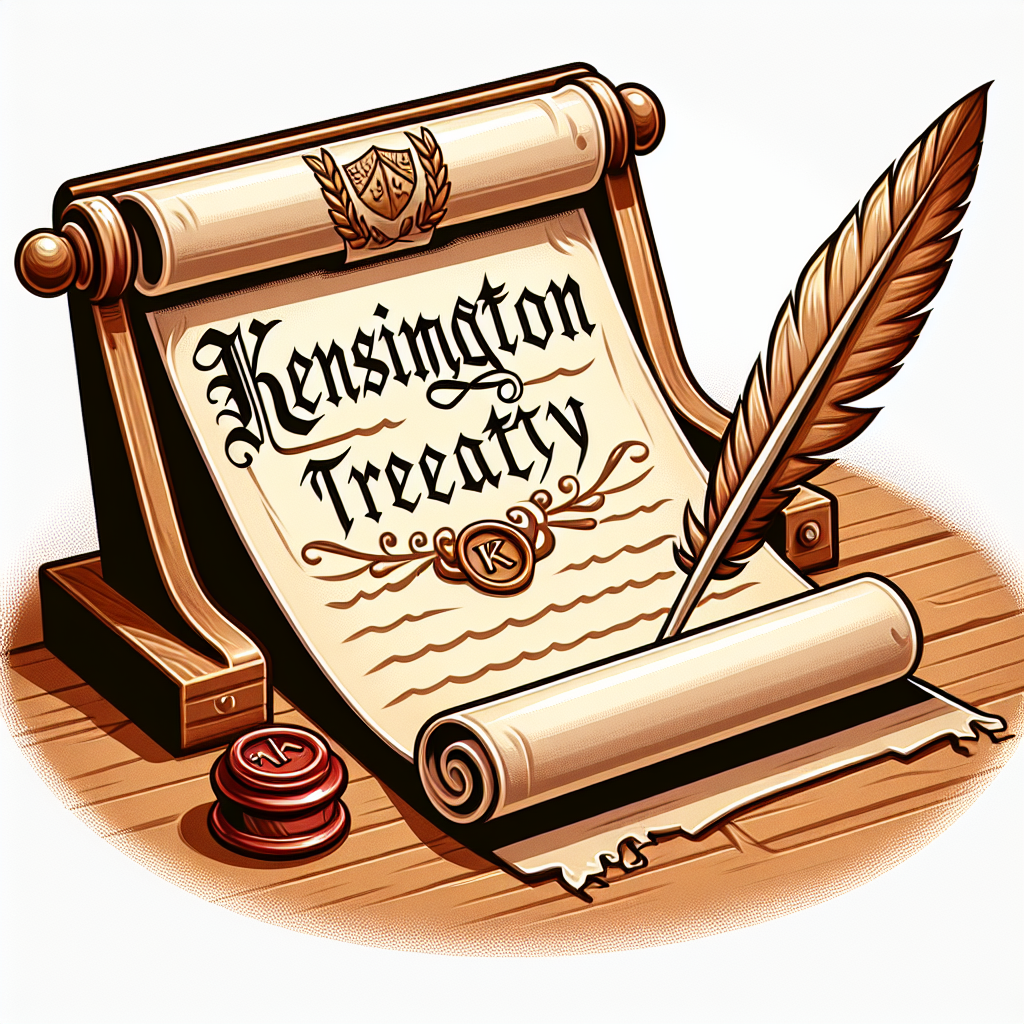A Global Tug-of-War: The Battle for a Robust Plastic Pollution Treaty
Delegates convene at the UN in Geneva to negotiate a global treaty to curb plastic pollution. The proposed cap on plastic production faces opposition from oil-rich countries and the U.S. The treaty's effectiveness is at stake as industry influence pushes for a focus on waste management rather than production limits.

Diplomats and environmental advocates are assembling in Geneva for UN talks aiming to finalize a global treaty on plastic pollution. The ambitious initiative seeks to cap virgin plastic production, primarily driven by petroleum, but faces significant opposition from petrochemical powerhouses, including Saudi Arabia and the U.S.
Negotiations have reached a critical point as disagreements persist over production caps, product management, and chemical regulations. Despite prior discussions in South Korea, consensus remains elusive, with some countries advocating for weaker, voluntary measures rather than a legally binding accord.
The outcome of these talks carries enormous consequences for global health and climate change, as unchecked plastic production threatens ecosystems and vulnerable island nations. Stakeholders warn against a diluted treaty focused merely on waste management, urging international cooperation for decisive action.
(With inputs from agencies.)
ALSO READ
Plastic Waste Management Crisis: Urgent Reforms Needed
Maharashtra to Emulate Indore's Innovative Waste Management Model
Digital tech could revolutionize food waste management, but global gaps persist
Protests Spark Over Chennai's Waste Management Privatization
BMC Enforces New Rules on Bulk Waste Management in Mumbai










